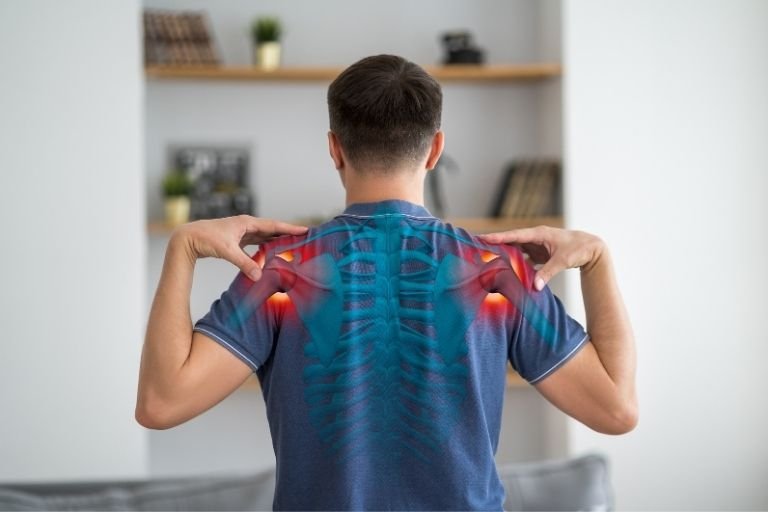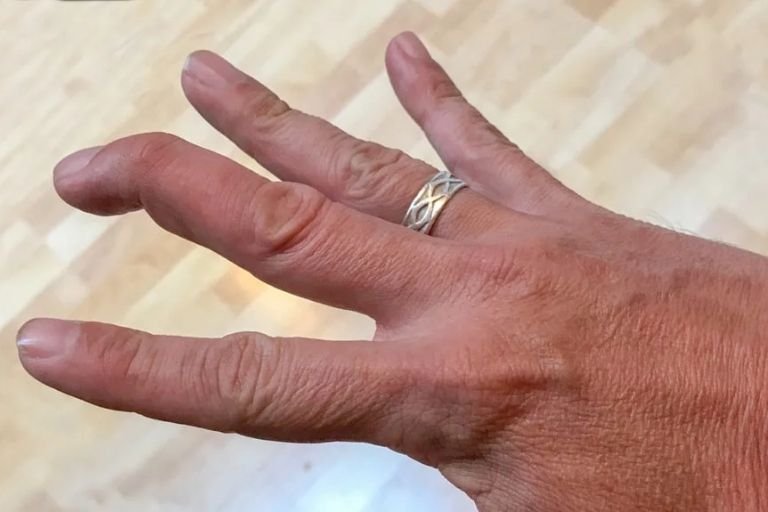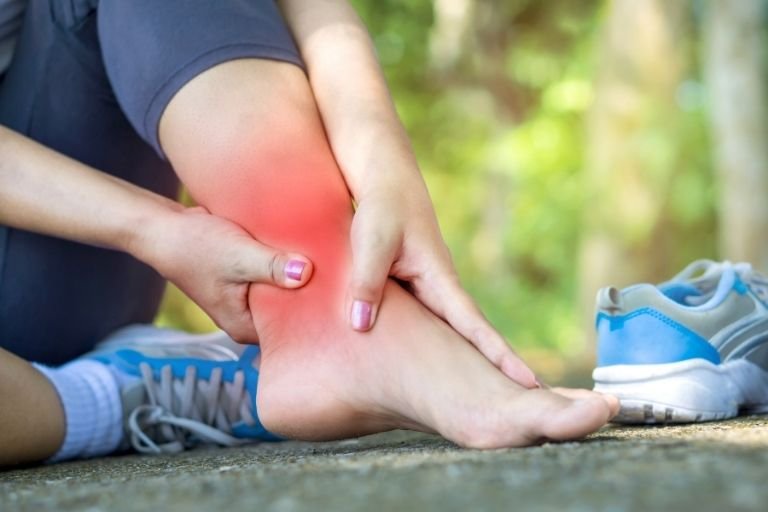- Fitwell Physiotherapy
Dizziness

Dizziness can be a disconcerting sensation, causing a feeling of instability or lightheadedness. It’s often accompanied by symptoms such as vertigo (a spinning sensation), nausea, imbalance, and in severe cases, fainting. Understanding its symptoms, causes, and treatments can help manage this uncomfortable sensation effectively.
Please submit your details below.
Symptoms:
- Vertigo: A spinning sensation, as if the surroundings are moving or spinning.
- Lightheadedness: Feeling faint or woozy.
- Loss of balance: Difficulty in maintaining posture or walking steadily.
- Nausea: Feeling queasy or experiencing an urge to vomit.
- Visual disturbances: Blurred vision or trouble focusing.
Causes:
- Inner ear issues: Disorders like benign paroxysmal positional vertigo (BPPV), labyrinthitis, or Meniere’s disease.
- Medications: Certain drugs can cause dizziness as a side effect.
- Dehydration: Inadequate fluid intake can lead to dizziness.
- Low blood pressure: Especially upon standing up quickly.
- Anemia: Low iron levels in the blood can cause dizziness.
- Motion sickness: Sensitivity to motion, often experienced during travel.
- Anxiety or panic attacks: Emotional stress can trigger dizziness.
When to See a Physiotherapist:
- Persistent symptoms: If dizziness persists for more than a few days.
- Accompanied by other symptoms: Such as severe headaches, chest pain, or difficulty speaking.
- Impact on daily life: If dizziness affects your ability to perform routine activities.
- Frequent falls: Especially in older adults, recurrent dizziness leading to falls requires attention.
Risks:
- Injury: Dizziness can lead to falls and subsequent injuries, especially in older adults.
- Decreased quality of life: Chronic dizziness can affect daily activities and lead to anxiety or depression.
- Accidents: Dizziness while driving or operating machinery can pose significant risks.
Prevention:
- Stay hydrated: Drink plenty of fluids throughout the day.
- Avoid sudden movements: Especially when getting up from lying down or sitting.
- Manage stress: Practice relaxation techniques to reduce anxiety.
- Be cautious with medications: Consult a healthcare professional about potential side effects.
- Address underlying conditions: Treat any underlying issues such as low blood pressure or anemia.
Treatments:
- Vestibular rehabilitation: Physiotherapy techniques aimed at improving balance and reducing dizziness.
- Medications: In some cases, medications may be prescribed to alleviate symptoms.
- Epley maneuver: A specific series of head movements to treat BPPV.
- Lifestyle changes: Adjusting diet, exercise, and sleep patterns can sometimes help alleviate dizziness.
- Cognitive-behavioral therapy (CBT): Helpful for managing anxiety-related dizziness.
- Surgical intervention: In rare cases, surgery may be necessary for certain inner ear disorders.
If you experience persistent or severe dizziness, it’s essential to consult a healthcare professional for proper diagnosis and treatment. A physiotherapist can play a crucial role in managing dizziness and improving your quality of life.
Frequently Asked Questions
Related Conditions
How Fitwell Physiotherapy Can Help?
Dr. Richa’s Fitwell physiotherapy has an extensive team of physiotherapists all within their own specialist areas of physiotherapy. Whatever your condition, we guarantee that we will have the best physiotherapist for you. We assess, diagnose, plan, cure and care for you.
Fitwell Physiotherapy Clinic, Pune provides you best physiotherapy treatment in Kharadi, pune. We also serve Chandan Nagar, Vadgaon Sheri, Keshav Nagar, Wagholi & nearby Areas in Pune. We are experts in treating Neck Pain, Hand Pain, Back Pain, Lower Back Pain, Knee Pain, Stiff Neck, Sciatica, Arthritis, Stroke Paralysis & Post Surgical Rehab.
We provide Specialized physiotherapy treatments in Sports Injuries, Pre and post Surgery, Neurologic, Pediatric, Chronic Pain/Fatigue, Rheumatology, Women’s Health, Men’s Health, Ergonomics, Vestibular, Amputees & all sort of Pain treatment and lifestyle conditions.

































































































